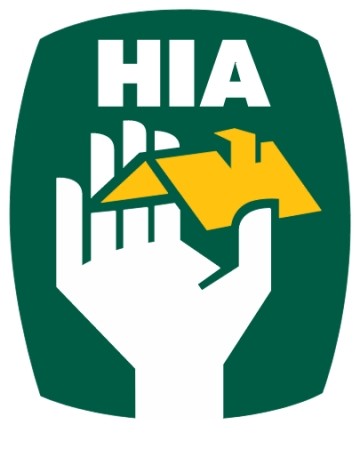The Housing Industry Association (HIA) has announced a campaign to address the problem of non-compliant building products in the residential sector, calling for the establishment of a national building product accreditation scheme.
The extent of the problem was highlighted by presenters and delegates at the HIA Building Products: a compliance free zone? summit this week in Melbourne.
 "The problem of non-genuine and non-tested building materials and components making their way into in residential building is growing," said HIA Managing Director Shane Goodwin.
"The problem of non-genuine and non-tested building materials and components making their way into in residential building is growing," said HIA Managing Director Shane Goodwin.
"Our view is that regardless of where something is manufactured, it should meet Australian standards."
"With more and more products being manufactured offshore, and increased access to these products by individuals, the need to focus on compliance has never been greater."
"A key concern is that the evolution of compliance and enforcement in Australia has not kept pace with changes to our economy and how or where products are manufactured or sourced."
"It was clear from the debate at this week's summit that there are products being used in Australia that are not fit for their intended purpose. This can have consequences such as subsequent repair costs, damage to the reputation of the building industry and potentially threats to human health and safety."
"Our message is that it's just not worth the risk of using inferior materials and components."
The summit also identified the problem that inconsistent compliance regimes led to an uneven playing field between manufacturers that comply with standards and those that do not.
"Manufacturers who do the right thing are being disadvantaged against those that neither invest in producing products that meet Australian standards nor programs to demonstrate compliance."
A central plank of the HIA response to the problem of non-complying building products will be the development of options for an industry led product registration scheme.
"To be a success, a scheme will need the buy-in of government as well as industry, so it will require an extensive consultation process. But the extent of the problem means that we can't afford to ignore it."
"However, it is equally important that we strike the right balance between ensuring compliance and not creating additional red tape," said Goodwin.
In addition to exploring a product compliance register, HIA has undertaken to:
- Establish an evidentiary basis of the extent of the problem;
- Work with the Australian Building Codes Board (ABCB) in a review of the existing Codemark and Watermark certification schemes;
- Work collaboratively with existing credible industry based compliance programs to ensure their ongoing success;
- Develop an industry education and information program to increase the understanding amongst builders, contractors and suppliers about the importance of compliance; and,
- Continue to support buildings standards that include Deemed to Satisfy solutions and press for the modernisation of the housing provisions in the Building Code of Australia (BCA).

